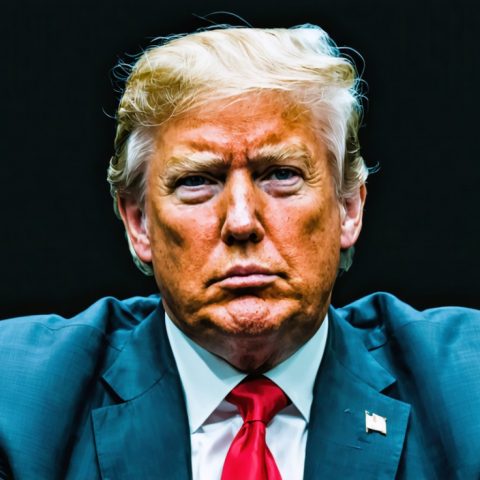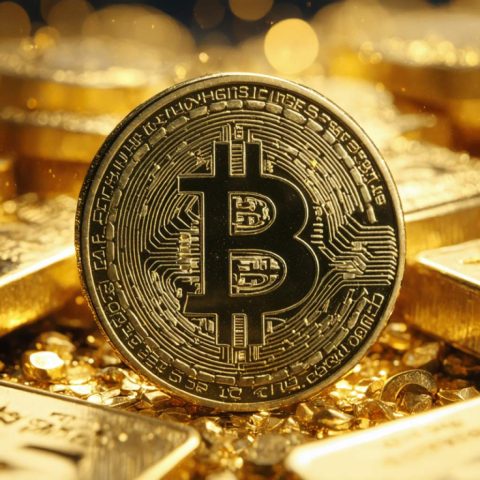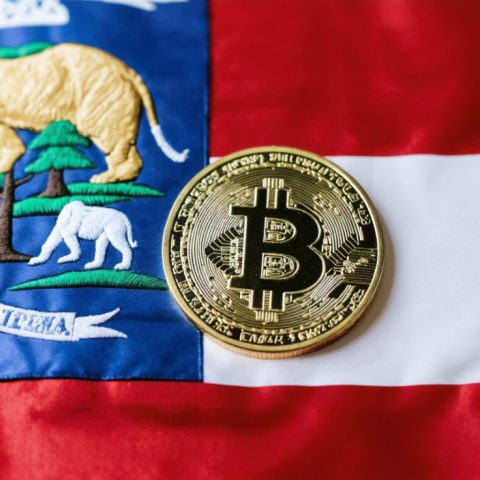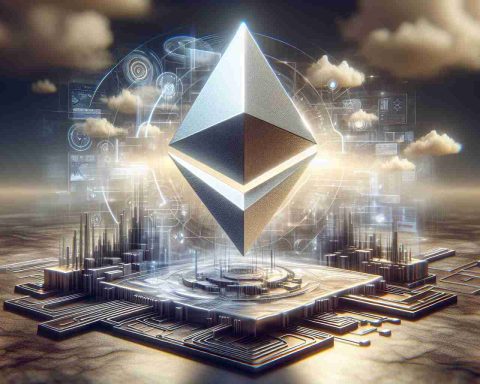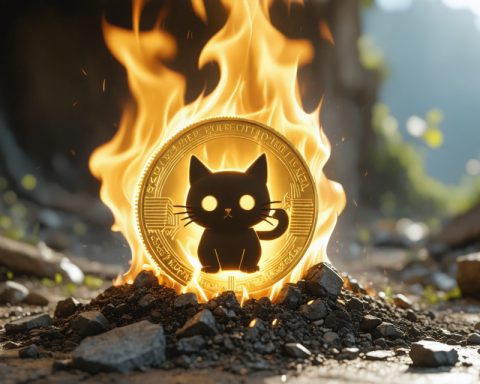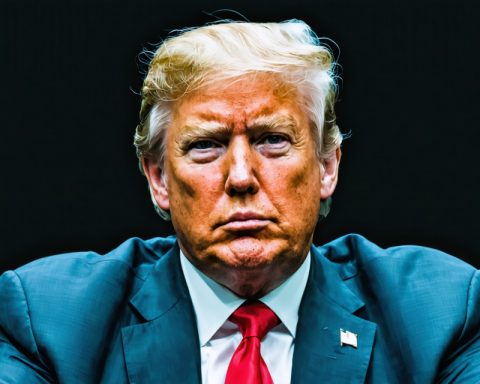The ownership of Shiba Inu, often referred to simply as SHIB, has captured the curiosity of many within the world of cryptocurrency. But who really owns this digital canine-themed token that took the market by storm?
Shiba Inu was created anonymously in August 2020 by an individual or group under the pseudonym “Ryoshi.” This mysterious origin is reminiscent of Bitcoin’s own creator, Satoshi Nakamoto, adding a layer of intrigue. Since its inception, no single entity has claimed complete ownership of the Shiba Inu project. Instead, it is largely governed by a decentralized community known as the “Shiba Army.” This community is passionate and actively involved in promoting and expanding the ecosystem.
Despite its whimsical branding inspired by the Shiba Inu dog breed, the token has a complex structure. It operates on the Ethereum blockchain as an ERC-20 token, which allows for functionalities like smart contracts and decentralized finance applications. As of now, no major corporation or individual has publicly claimed ownership of a significant portion of SHIB tokens.
Though Ryoshi’s identity remains unknown, major developments in the Shiba Inu ecosystem have been guided by the Shiba Inu leadership team, which includes prominent figures like Shytoshi Kusama. This group’s role is akin to that of a think-tank within the broader community, proposing and implementing new features and strategies.
In the world of cryptocurrency, where decentralization is prized, the true owner of Shiba Inu might indeed be its enthusiastic community, which continues to drive its growth and adoption. Whether it’s about speculation or genuine technological interest, the Shiba Inu token symbolizes a broader movement beyond its origins.
The Enigmatic World of SHIB: Beyond the Meme Craze
The rise of Shiba Inu (SHIB) epitomizes the unpredictable nature of cryptocurrencies, leaving enthusiasts and skeptics alike questioning its impact on society and economy. Beyond its meme origins, how does SHIB influence the lives of people, communities, and countries?
First, the decentralized nature of SHIB democratizes financial opportunities, empowering individuals who were previously marginalized by traditional banking systems. The concept of financial inclusion is a huge draw, allowing individuals from diverse backgrounds to participate in owning and trading SHIB without interference from central authorities.
However, the volatile nature of SHIB raises concerns. Fluctuating prices have affected small-scale investors, leading to significant losses for those without proper risk management strategies. This volatility can destabilize local economies where crypto adoption is high, impacting livelihoods and financial stability.
Communities like the “Shiba Army” illustrate a decentralized approach to governance. This decentralized governance might spark future financial systems that could bypass centralized powers, promoting grassroots-driven economic models.
Environmental concerns can’t be ignored, as cryptocurrencies operating on similar principles to SHIB often require substantial energy for operations. This could conflict with global sustainability goals if alternative, energy-efficient methods aren’t explored.
So, who owns Shiba Inu? The short answer seems to be no one and everyone—it’s a communal asset open to anyone ready to navigate its complexities. This decentralization has advantages, such as increased adoption and community collaboration, but also pitfalls like regulatory challenges and lack of accountability.
For more insights about SHIB and its ecosystem, visit Ethereum to learn about the blockchain technology that powers it.



